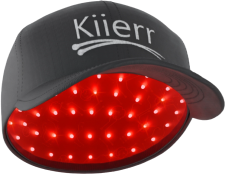Add items to get a Free Gift!
Balding Tips, Dermaroller, Hair Growth Tips, Hair Loss Myths, Hair Loss Treatment, Hair Transplant, Health Behind Hair, Laser Cap Facts, Minoxidil, Natural Hair Care Tips, Red Light Therapy For Hair Loss, Womens hair loss
Exploring Hair Loss Treatments: Oral vs. Topical Options
Hair loss can be a distressing experience, leading many individuals to seek effective treatments to address this concern. Among the various options available, oral and topical treatments are commonly used to promote hair growth and combat hair loss. In this blog post, we will delve into the key differences between oral and topical hair loss treatments, their mechanisms of action, and their effectiveness, to help you make an informed decision regarding the best approach for your specific needs.
Table of Contents
Oral Hair Loss Treatments:

Oral hair loss treatments are taken in pill or capsule form and are typically prescribed by a healthcare professional. One well-known oral medication for hair loss is finasteride (Propecia). Finasteride works by blocking the conversion of testosterone to dihydrotestosterone (DHT), a hormone that contributes to hair follicle shrinkage and hair loss in individuals genetically predisposed to male pattern baldness. By reducing DHT levels, finasteride helps to slow down hair loss and promote hair regrowth.
Topical Hair Loss Treatments:

Topical hair loss treatments are applied directly to the scalp and come in various forms, such as foams, lotions, or serums. The most widely recognized topical treatment is minoxidil (Rogaine). Minoxidil works by promoting blood circulation to the hair follicles, stimulating hair growth, and extending the hair growth cycle. It is available over-the-counter and can be used by both men and women.
Effectiveness:

Both oral and topical treatments have shown effectiveness in addressing hair loss, but it is important to understand their differences and consider individual factors when choosing the most suitable option.
Oral Hair Loss Treatments:
Oral treatments like finasteride have been extensively studied and shown to be effective in treating male pattern baldness. Clinical trials have demonstrated that finasteride can significantly reduce hair loss and stimulate hair regrowth in a majority of men. However, it is worth noting that finasteride may not be suitable for everyone, and potential side effects should be discussed with a healthcare professional.
Topical Hair Loss Treatments:
Topical treatments such as minoxidil have also proven to be effective in treating hair loss. Clinical studies have shown that minoxidil can stimulate hair growth and improve hair density, particularly in individuals with androgenetic alopecia. Regular and consistent use is important to maintain the results achieved with minoxidil.
Choosing the Right Treatment:

Deciding between oral and topical treatments depends on several factors, including the cause and severity of hair loss, individual preferences, and any underlying health conditions. It is crucial to consult with a dermatologist or healthcare professional specializing in hair loss to determine the most suitable treatment option for you. They will evaluate your condition, medical history, and lifestyle to recommend the most effective and appropriate course of action.
Combination Approach:
In some cases, a combination of oral and topical treatments may be recommended for optimal results. This approach can target hair loss from multiple angles, utilizing the benefits of both systemic and direct scalp application. However, it is important to follow professional guidance and monitor any potential interactions or side effects.
Conclusion:
When it comes to oral and topical hair loss treatments, both have demonstrated effectiveness in addressing hair loss and promoting hair regrowth. The choice between oral and topical treatments depends on various factors, and consulting with a healthcare professional is essential to determine the most suitable option for your specific needs. Whether you opt for oral or topical treatments, consistency, adherence to the recommended regimen, and patience are key to achieving desired results. Remember, addressing hair loss is a journey, and professional guidance will help you navigate the path to healthier, fuller hair.

Jolene Anderson is the proud Co-Founder of Kiierr Hair Growth Experts. She has 11 years experience in natural healing, laser therapy hair loss. She’s a caring mom of 2 and passionate about helping others. Connect with her on LinkedIn: Jolene Anderson – Co-Founder @ Kiierr.com
Sources
Department of Medicine. “Oral Minoxidil for Hair Loss: A Comprehensive Review and Meta-Analysis.” National Library of Medicine. Dec. 2022. https://www.ncbi.nlm.nih.gov/pmc/articles/PMC7649170/

 LASER CAPS
LASER CAPS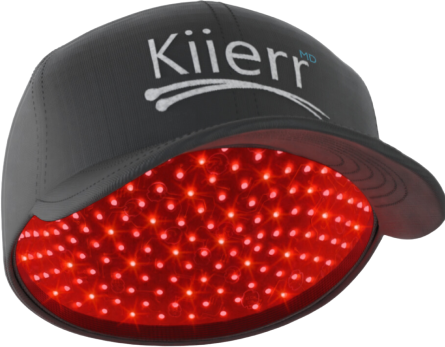


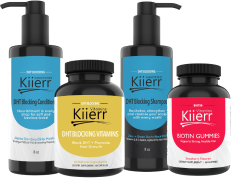
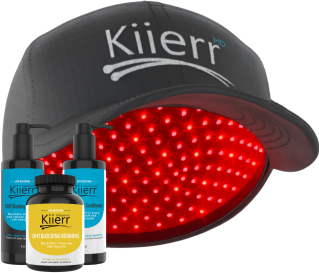
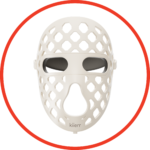 Beauty Products
Beauty Products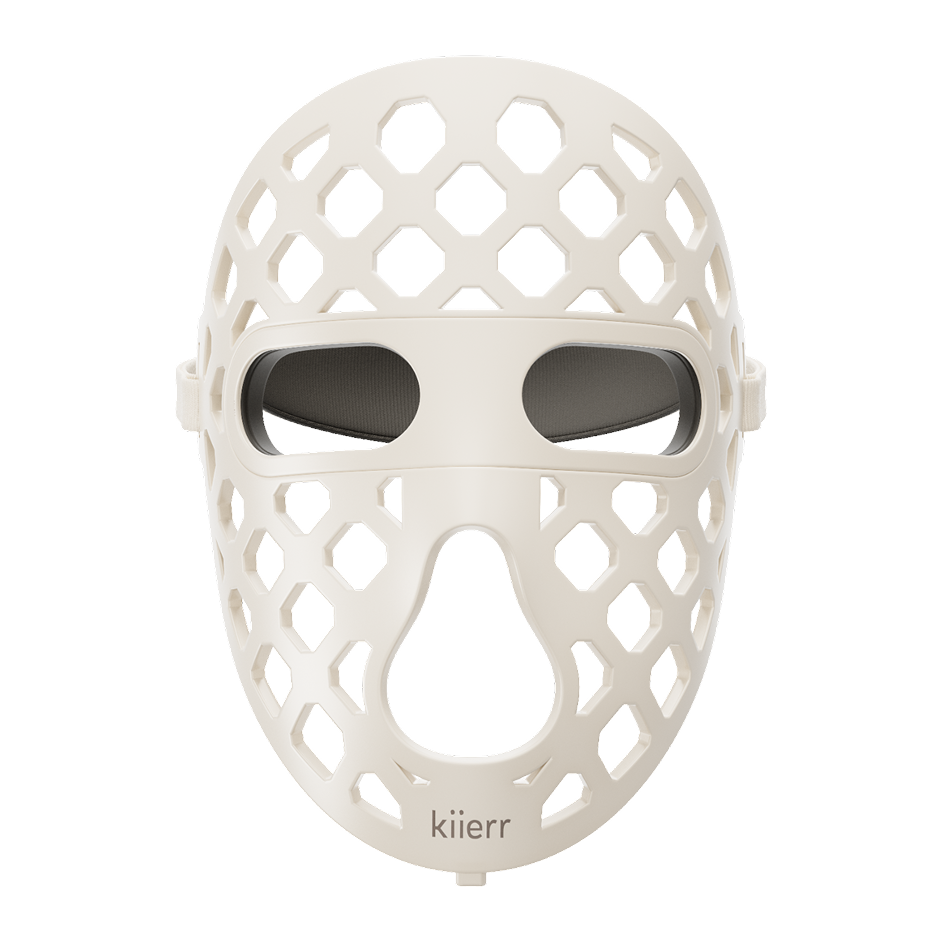





 Daily Deals
Daily Deals RESULTS
RESULTS


